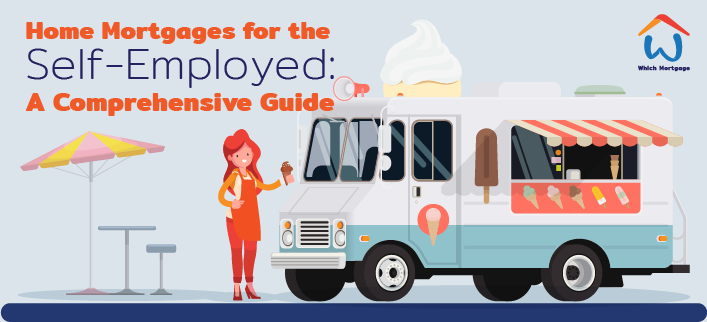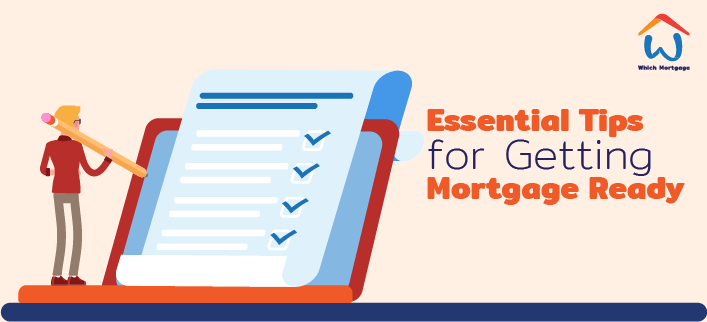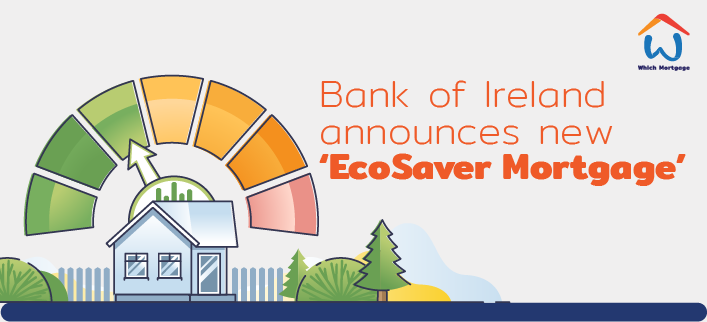
Navigating Home Mortgages for the Self-Employed: A Comprehensive Guide
2024-04-26Securing a mortgage as a self-employed applicant is not as complicated as you may think. The mortgage application process for PAYE employees and self-employed individuals is largely similar in that the most important part of the application is demonstrating to a lender that you have the financial means to meet your mortgage repayments. The main difference lies in the document requirements for self-employed mortgages.
Key Document Requirements for Self-Employed Applicants
Self-employed home mortgage applicants are required to provide the lender with certain financial documents related to their business and income. It is key to demonstrate that you have a steady income and will be able to stick to your mortgage repayments. So, what documents are needed for a self-employed mortgage application?
- Certified/Audited Financial Accounts: You will need to provide financial accounts from the three most recent years and they must be certified by an accountant to show that they are in working order. If you had a bad years' trading and you are concerned that it may negatively impact your application, you can provide additional accounts from other years to show that such level of performance is uncommon.
- Bank Statements: You will also be required to submit six months' worth of bank statements from your personal and business accounts. If you have foreign bank accounts, you will need to provide statements from these accounts.
- Revenue Documents: Additionally, you will have to show a lender how much tax you or your business pays, and to do so, you will have to submit three years' Revenue Notices of Assessment and your tax clearance confirmation.
- Other Business Documents: You will also have to provide a lender with documents which offer insight into the stability and financial status of your business. These include a summary of your business, copies of contracts your business has, and your projected income for the coming year. This information will help the lender determine the mortgage amount you can afford.
Like with applications for PAYE employees, self-employed applicants are also required to provide documents such as proof of identity and proof of current address.
Tips to Secure Mortgage Approval as a Self-Employed Individual
Getting mortgage-ready ahead of us submitting your application to your lender is an important part of securing mortgage approval. The following mortgage approval tips for self-employed applicants will help put you in a good position to secure a mortgage:
- Organise your finances: Ensure that you keep record of all your bank statements, your tax documents, audited accounts, Revenue documents, and all other relevant financial documents that will enable you to demonstrate to a lender that you can afford the mortgage you are seeking.
- Save a larger deposit: Although first time buyers and second and subsequent buyers are only required to have a 10% deposit saving, as a self-employed applicant, the more money you have saved for your deposit, the better. This is because you will pose less of a risk to lenders and you will not have to borrow as much money from them. This will also demonstrate that you have good financial habits as you were able to save a larger amount of money than the minimum required.
- Manage your debt: High levels of debt can lead to reduced borrowing capacity or, in extreme cases, an unsuccessful mortgage application. It is therefor crucial that you clear or reduce any outstanding personal loans or credit card debt balances before applying for your mortgage.
It can take time to get your paperwork together, increase your savings and reduce your debt, so ensure that you give yourself enough time to do this before applying for your mortgage.
Overcoming Challenges in the Self-Employed Mortgage Application
The biggest challenge a self-employed home mortgage applicant could face is assuring a lender that you are not a bigger financial risk in comparison to a standard applicant. You could be deemed a bigger risk because you are more susceptible to a loss of income because your business could fail, you could fall ill and be unable to work, or there could be a downturn in the market within which you operate. In these circumstances, how can self-employed individuals improve their chances of mortgage approval? Consider strategies such as getting income protection and hiring an accountant.
Taking out income protection means that if you were to fall ill or sustain an injury and can no longer work, you will receive monthly payments from your policy until you can return to work. This will show a lender your commitment to safeguarding your income and your ability to meet mortgage payments.
It is recommended that you hire a certified accountant to get your accounts and documents in order for your mortgage application. Your accounts will need to have undergone an audit, be up-to-date, and be organised so that your lender can easily understand your financial situation. Your lender may also request a letter from your accountant certifying your accounts; confirming that your business is tax compliant; and confirming that your business is currently profitable, and will continue to be once you get your mortgage.
Comparing Mortgage Rates and Offers for Self-Employed Applicants
Once you have gathered all the documents you will need for your self-employed home mortgage application, a lot of the hard work is now done. The next step is choosing the mortgage that is best suited to your personal financial circumstances.
The process of finding out what the best mortgage rates for self-employed applicants are is the same as with PAYE applicants – you start with a mortgage calculator. Our range of Which Mortgage Calculators will enable you to explore the various offerings in the Irish mortgage market:
The value of having a mortgage specialist guide you through your mortgage application is significant, so when you’re ready to begin your home purchase journey, contact us. We take a considerable amount of stress out of the process, helping you with everything from identifying the most suitable mortgage for you to collating the documents for your application. Furthermore, our mortgage specialists provide you with tailored advice specific to your circumstances, ensuring we present the strongest possible application to your lender.
More Questions?
Talk to one of our mortgage specialists now!
BOOK AN APPOINTMENT


